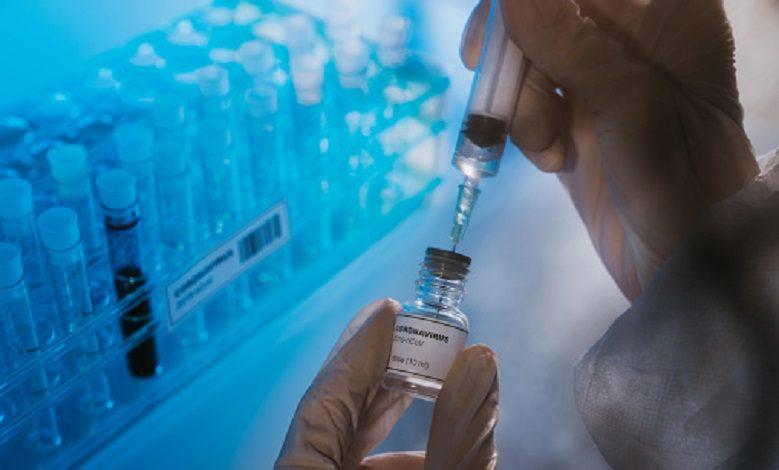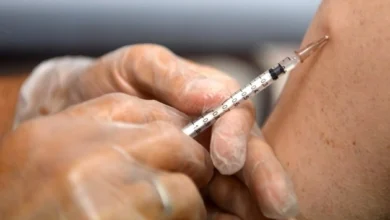Russia wants Covid-19 vaccine approved by mid-August

Russia plans to be the first in the world to approve a vaccine against Covid-19 within two weeks. The Gamaleya Institute in Moscow is developing the vaccine and, once approved, will be the first to be offered to primary health care workers for public use. CNN reports this based on Russian officials.
Russia aims to approve the vaccine on 10 August or earlier – despite concerns about the safety and effectiveness of the drug and whether or not the country has skipped essential steps in the development of the drug.
“It is a Sputnik moment,” said Kirill Dmitriev, head of the Russian state investment fund that funds Russian vaccine research, referring to the successful launch of the world’s first satellite by the Soviet Union in 1957. “Americans were surprised when they heard the sound of Sputnik. The same goes for this vaccine. Russia will be the first.”
Doubts
However, according to CNN, Russia has not released any scientific data on the vaccine trials, so the safety or effectiveness of the drug cannot be verified. There are also doubts as to whether the tests on humans are complete.
However, the Ministry of Defence has announced that Russian soldiers have volunteered to do so. Also, the lab team is said to have tested the vaccine on its own, without suffering any side effects. That is what research director Alexander Ginzburg told the state news agency TASS.
Russia’s haste to be the first to come up with a vaccine is, according to critics, due to heavy pressure from the Kremlin: Putin would like to put his country on the map as a world scientific power.
“Modified version of existing vaccine”
However, Russian scientists claim that the vaccine developed so quickly because it is a modified version of an already existing vaccine. In other countries, too, existing vaccines are often used as a starting point to develop a new vaccine against the coronavirus.
According to Russian officials, the vaccine is being accelerated through control processes because of the global pandemic and to deal with corona issues within its borders. The country now has more than 800,000 infections with the virus.




